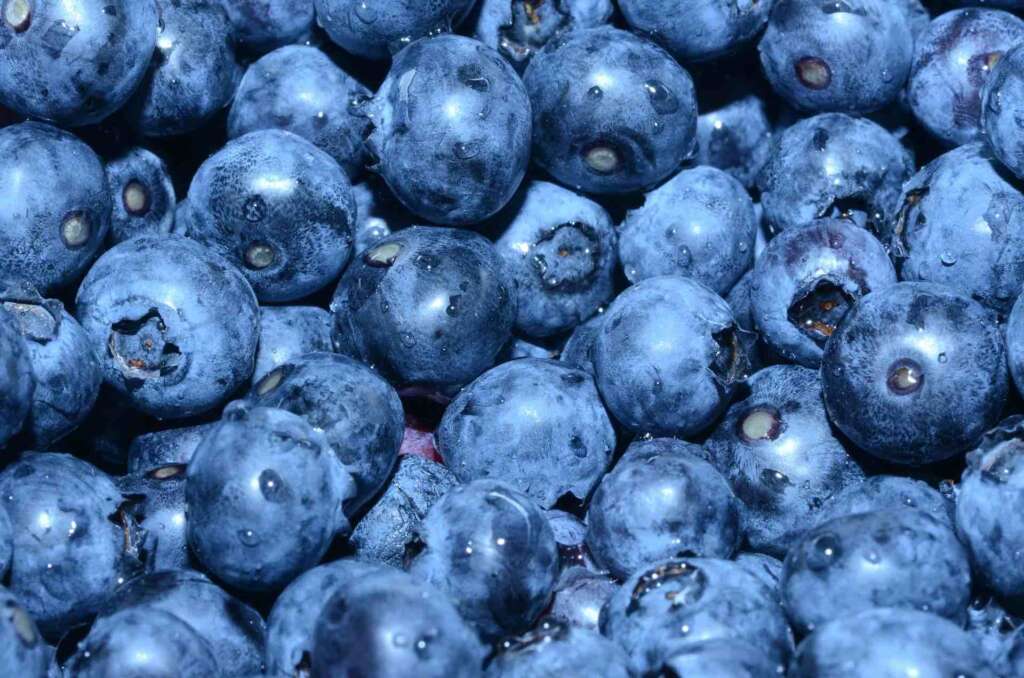Imagine finishing a challenging workout, your muscles sore and fatigued. You know that recovery is key to getting stronger, but what if you could accelerate the process and protect your body from damage? Enter antioxidants – powerful compounds that fight oxidative stress and inflammation, speeding up recovery and boosting overall health.
Antioxidants are crucial in neutralising free radicals, unstable molecules that can damage cells and impair recovery. Here’s what you need to know about antioxidants, including their importance in improving athletic performance as well as optimising overall health, wellbeing and longevity, and how to incorporate them into your diet and daily supplement stack.
What are antioxidants?
Antioxidants are molecules that neutralise free radicals, unstable compounds that can cause oxidative stress and damage cells. Common antioxidants include vitamins C and E, beta-carotene, and minerals like selenium and zinc. These compounds protect cells from damage, support immune function, and reduce inflammation, playing a critical role in recovery and overall health. Antioxidants can be obtained from a variety of foods, particularly fruits, vegetables, nuts, and seeds, or through supplementation.
Why are antioxidants important?
Antioxidants are essential for protecting the body against oxidative stress, which can lead to inflammation, muscle damage, and impaired recovery. During intense exercise, the production of free radicals increases, potentially harming cells and tissues. Antioxidants help neutralise these free radicals, reducing the risk of damage and supporting the body’s natural repair processes. By mitigating oxidative stress, antioxidants can enhance recovery, improve immune function, and support overall health, according to the American Journal of Clinical Nutrition.
Which foods are rich in antioxidants?
Antioxidants can be obtained from a variety of foods, including fruits, vegetables, nuts, seeds, and whole grains. Foods rich in these compounds include berries, citrus fruits, leafy greens, carrots, nuts, and seeds. Supplements are also available in various forms, such as capsules, tablets, and powders, providing specific antioxidants like vitamins C and E, selenium, and coenzyme Q10. When choosing supplements, opt for reputable brands to ensure quality and efficacy.

Should I be taking antioxidant supplements?
Whether you should use antioxidants depends on your diet and lifestyle. If you consume a balanced diet rich in fruits, vegetables, nuts, and seeds, you may already be getting sufficient antioxidants. However, athletes and individuals with high-stress lifestyles may benefit from additional antioxidant support to combat increased oxidative stress. Consulting with a healthcare professional can help determine if supplementation is necessary based on your specific needs and dietary habits.
How often should I take antioxidant supplements?
It depends on your dietary sources and lifestyle. If you get most of your antioxidants from food, aim to consume antioxidant-rich foods daily, such as berries, leafy greens, nuts, and seeds. If you choose to supplement, follow the recommended dosage on the product label or as advised by a healthcare professional. Consistent daily intake is generally beneficial for maintaining adequate antioxidant levels and supporting overall health.
Which antioxidant supplements should I take?
The optimal amount varies depending on individual needs and dietary intake. It’s essential to focus on a balanced diet that includes a variety of antioxidant-rich foods to meet your daily requirements. For those considering supplementation, recommended dosages differ for each antioxidant. For example, vitamin C intake ranges from 65 to 90mg (milligrams) per day, while vitamin E ranges from 15 to 19 mg per day. Consulting with a healthcare professional can help tailor antioxidant intake to your specific needs, according to the Journal of Nutrition.
Are there any risks to taking antioxidants?
While generally safe excessive intake can pose risks. Over-supplementation of certain antioxidants, such as vitamin E or beta-carotene, can have adverse effects, including an increased risk of certain cancers or cardiovascular issues. It’s crucial to balance antioxidant intake from both food and supplements, avoiding megadoses unless recommended by a healthcare professional. Moderation and diversity are key to minimising risks and maximising benefits.




